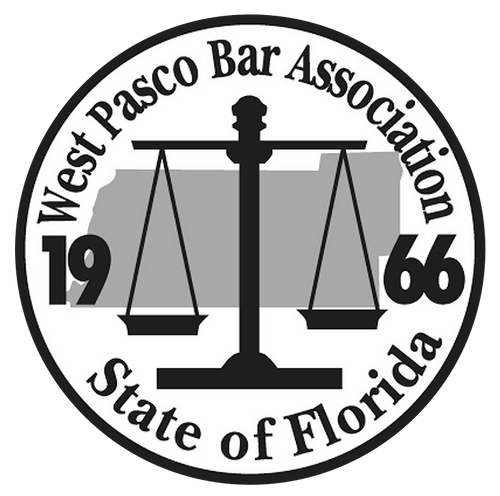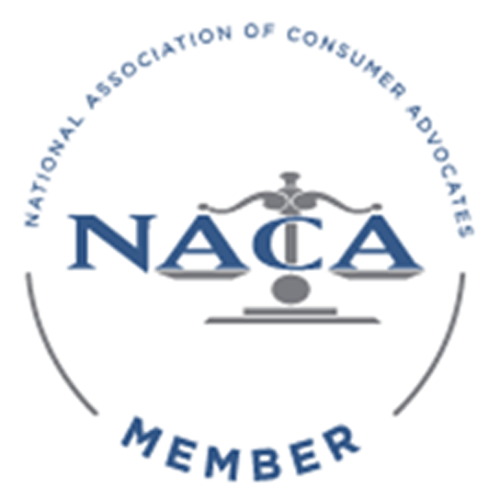What Is Preforeclosure?
 As its name suggests, the term “preforeclosure” refers to the time period leading up to a foreclosure. The preforeclosure stage begins when a homeowner misses a mortgage payment and ends when the bank serves them with a foreclosure summons, which the bank is generally not allowed to do until at least 120 days have passed since a missed payment. Below, we explain what you can expect to happen during the preforeclosure period.
As its name suggests, the term “preforeclosure” refers to the time period leading up to a foreclosure. The preforeclosure stage begins when a homeowner misses a mortgage payment and ends when the bank serves them with a foreclosure summons, which the bank is generally not allowed to do until at least 120 days have passed since a missed payment. Below, we explain what you can expect to happen during the preforeclosure period.
Advice About How to Avoid Foreclosure
Are you using the property in question as your primary residence? If so, federal law generally requires the bank to provide you with information about loss mitigation options (for example, forbearance, a repayment plan, or a loan modification). The bank must attempt to contact you by phone to discuss these options within 36 days after you miss your first monthly payment, and then again within 36 days of each subsequent missed payment. It also has to provide you with this information in writing within 45 days after you miss a payment. However, it’s important to note that the bank won’t reach out to you if you’ve asked them not to contact you pursuant to the Fair Debt Collection Practices Act, or if you’ve already filed for bankruptcy.
A Breach Letter
Does your mortgage include an acceleration clause? This enables the bank to demand a single, lump-sum payment (rather than installment payments) if you default on your loan. It’s fairly common for mortgages with acceleration clauses to also include a provision requiring the bank to send the homeowner a letter notifying them of the default before the loan can be accelerated.
Fees
If you’ve entered preforeclosure, you’ll most likely have to pay numerous fees to the bank. For example, you’ll probably have to pay a late charge each time you miss a monthly payment (be sure to review the terms of your loan to determine how much they can charge and whether there is any grace period after the payment due date).
Depending on the terms of your mortgage, you may also be liable for a property inspection fee if the bank wants to confirm that your home is currently being occupied and that it remains in relatively good condition. And if your home isn’t being lived in or properly taken care of, you might also need to reimburse the bank for the cost of maintenance (for example, performing yard work or winterizing the property).
What to Do if You’re in Preforeclosure
If you’ve gotten behind on your mortgage payments, one of the best things you can do is reach out to a foreclosure attorney. Many people hold off on seeking help until they’ve already received a foreclosure summons, but it’s smarter to be proactive and start developing your defense strategy before the situation worsens.
Fortunately, if you’re in the Tampa Bay area, you can turn to The Lyons Law Group, P.A., for assistance. Our full-service real estate law firm has been serving clients throughout Pasco and Hernando Counties since 2008, and our skilled attorneys have extensive experience helping clients defend against foreclosure. Best of all, we don’t charge for our initial consultations—we know that many people are already in a tough spot financially by the time they reach the preforeclosure stage, and we want to provide them with the guidance they need without adding to their stress.
Contact The Lyons Law Group, P.A., today to schedule a free initial consultation with one of the experienced foreclosure lawyers at our firm. We have offices in New Port Richey and Spring Hill, and we would be happy to meet at whichever location is most convenient for you.





